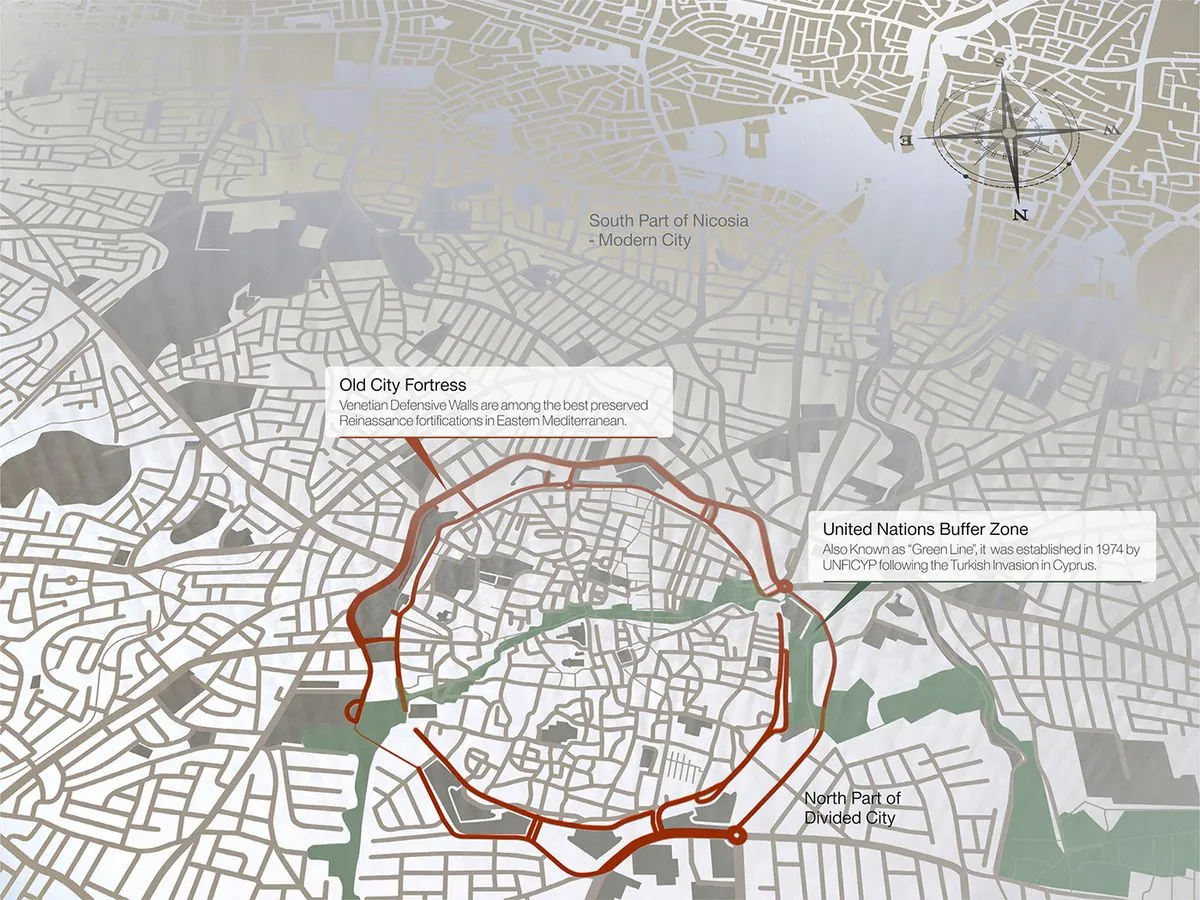Fifty years after its division, Cyprus continues to navigate a complex reality as a split island. The capital, Nicosia, stands as a testament to this division, being the world's last divided capital. Since 1974, the island's 1.3 million inhabitants have lived in a state of separation, with the southern two-thirds controlled by the Republic of Cyprus, a European Union member, and the northern third governed by the Turkish Republic of Northern Cyprus, recognized only by Turkey.
The United Nations has maintained a peacekeeping presence on the island since ethnic tensions erupted in the 1960s. In 2003, a significant change occurred when casual border crossings were permitted, allowing residents to move between the two sides more freely. This development has normalized daily life for many Cypriots, including Ahmet Ozgunle, who regularly crosses the border for work.
Despite the apparent normalization, Cyprus remains in what experts describe as "heavy limbo." The situation draws parallels to other divided regions such as Hong Kong, Northern Ireland, and Taiwan, all existing as temporary solutions with inherent existential crises.
The island's division has deep historical roots. Cyprus gained independence from Britain in 1960, but inherited religious and ethnic tensions soon escalated. The situation culminated in 1974 with what is often termed the "Turkish invasion," although this action was technically within Turkey's rights under the 1960 Treaty of Guarantee.
"It's not supposed to be there. It factors from its inception the fact that it will disappear. And yet everyday, life creates a routine and an expectation of normal days ahead."
The geopolitical complexity of Cyprus has led to it being described as a "world nuisance" by some observers. The island's accession to the EU in 2004 as a fractured state further complicated matters, with some EU officials expressing frustration at the lack of progress towards reconciliation.
In recent years, new challenges have emerged. Northern Cyprus has seen a significant influx of international students and migrants, potentially altering the demographic landscape. This shift has led to rising anti-immigrant sentiment, as evidenced by violent protests in 2023.
The island also faces regional tensions, with recent threats from Hezbollah over Cyprus's military cooperation with Israel highlighting the precarious nature of its peace. Despite these challenges, many Cypriots, like Ahmet Ozgunle, maintain hope for a future where they can determine their own destiny.
As Cyprus marks 50 years since its division, it continues to exemplify the concept of "livable peace" - a state of existence that falls short of outright conflict but remains far from true resolution. The island's journey serves as a poignant reminder of the complexities inherent in frozen conflicts and the resilience of those who navigate such divided realities.
